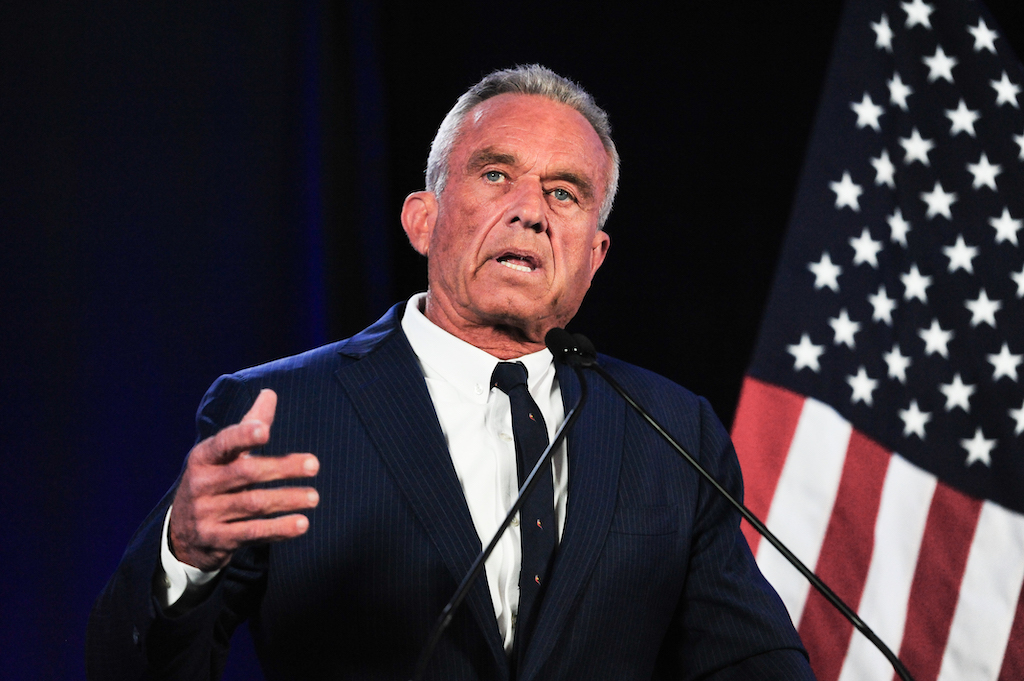(Phoenix, Arizona) — Robert F. Kennedy Jr. has ended his presidential campaign and endorsed former President Donald Trump. This move, announced by RFK Jr. on Friday in Phoenix, Arizona, could significantly impact the trajectory of the 2024 election, which remains highly competitive.
Kennedy, a prominent environmental lawyer and anti-vaccine activist, initially launched his campaign as a Democratic candidate in April 2023. His bid was marked by a notable shift from Democratic to independent candidacy amid growing dissatisfaction with both President Joe Biden and Trump. By November 2023, RFK Jr had garnered 20% support in a hypothetical three-way race, reflecting a substantial portion of disillusioned voters.
The decision to endorse Trump comes after Kennedy’s campaign faced internal and external pressures. During the press conference, RFK Jr cited shared views on key issues such as border security, free speech, and foreign policy as reasons for his endorsement. Despite acknowledging ongoing disagreements, Kennedy emphasized alignment on these critical areas.
Kennedy’s endorsement could have a dual impact on the election dynamics. On one hand, his decision to withdraw from the ballot in 10 crucial battleground states—where his candidacy might have acted as a spoiler—could benefit Trump by consolidating votes that might otherwise have been divided. On the other hand, RFK Jr’s continued presence on the ballot in other states could still influence the overall election outcome, particularly if his remaining supporters are divided between Trump and Democratic Vice President Kamala Harris.
Strategists are now evaluating how Kennedy’s remaining presence in certain states could affect vote distribution. His candidacy, which attracted a diverse following from both major parties, was seen as a potential disruptor. With his withdrawal in swing states, Kennedy’s supporters might now shift their allegiance more definitively, either bolstering Trump’s chances or altering voter behavior in unpredictable ways.
RFK Jr campaign had previously drawn significant media attention, leveraging his controversial stances on public health and his family legacy. His endorsement of Trump and the offer of a potential role in a second Trump administration underscore the strategic calculations at play. The move could either galvanize Trump’s base or alienate undecided voters, depending on how Kennedy’s supporters react to the endorsement.
As the November 5 election approaches, the ultimate impact of RFK Jr’s exit and endorsement remains to be seen. Analysts will be closely monitoring voter sentiment and shifts in campaign dynamics to understand the full implications of this development.
EXTERNAL LINK → Robert F. Kennedy campaign site
Video by Jonathan E. Hernandez
© 2024 - 2025, Eduardo Barraza. All rights reserved.





